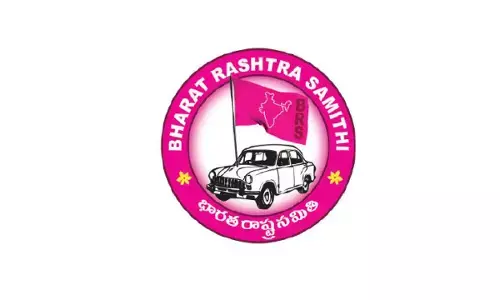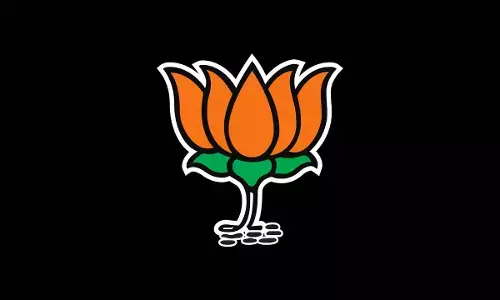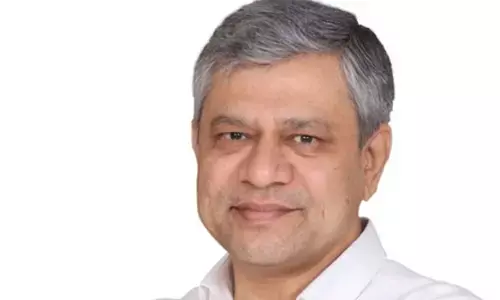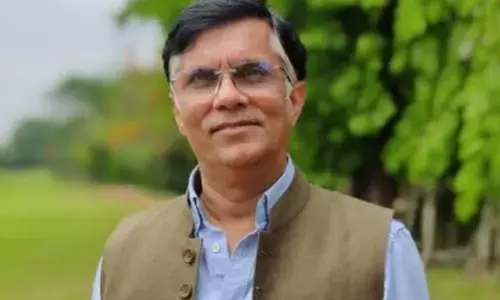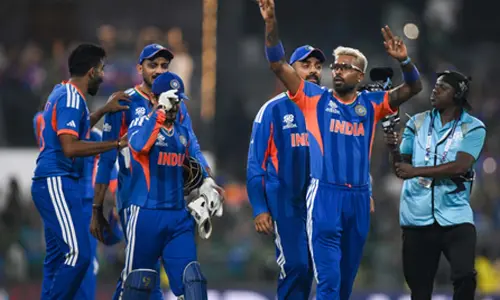Centre insulated India from US visa, immigration challenges
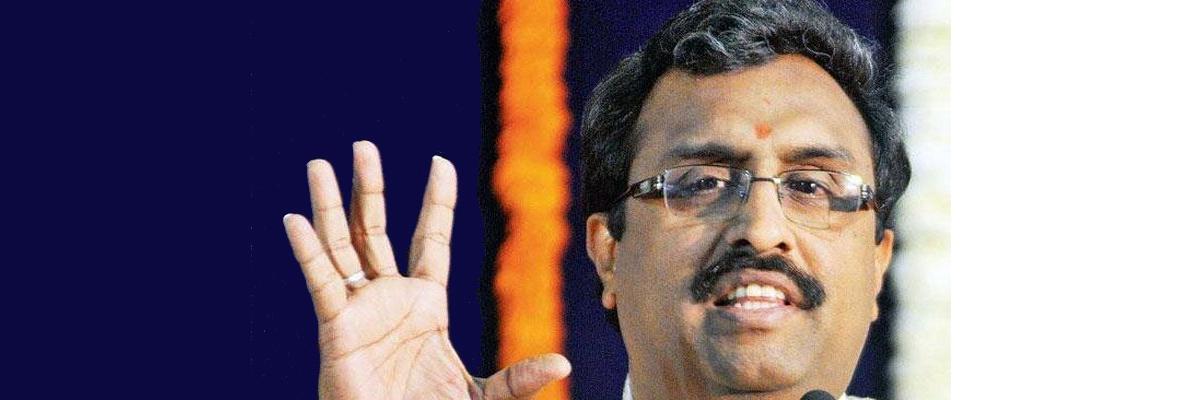
The Modi government has so far succeeded in ensuring that India is least affected by challenges like immigration and working visas unveiled in the US under President Donald Trump, BJP leader Ram Madhav said Saturday, stressing that foreign policies cannot be guided by emotions or romanticism
New Delhi: The Modi government has so far succeeded in ensuring that India is least affected by challenges like immigration and working visas unveiled in the US under President Donald Trump, BJP leader Ram Madhav said Saturday, stressing that foreign policies cannot be guided by emotions or romanticism.
Congress leader Anand Sharma said that foreign policy should uphold, secure and promote a country's national interest, but not be an extension of or reflect domestic narrative.
They made these remarks during a discussion at the release of a book titled "Open Embrace: India-US Ties in the Age of Modi and Trump", by journalist Varghese K George.
They were joined by academic C Rajamohan in the discussion moderated by journalist Suhasini Haider. "We are conscious of the challenges, whether it is his (Trump's) emphasis on domestic production, visa issues...We are negotiating, trying to ensure that India gets the best deal out of it.
You cannot dictate Trump's policies. You can only try and ensure that India is least affected if there is anything adverse happening. We have more or less succeeded in ensuring that India is not affected," Madhav said.
The BJP national general secretary said it could be easy to criticise the government, but one must take note of the increment in trade and exports. "I am not saying that it has happened only in four years (of BJP), but we must acknowledge it," he said.
Noting that the Indian diaspora played a role in the Indo-US nuclear agreement in 2005 during the Congress-led UPA regime, he said the current government had felt that it should leverage that not just in the US but other countries also.
"We felt why not make it (diaspora) an important dimension in the foreign policy and with that objective in mind, we started engaging with different diaspora in different countries," he said.
On a continuum in the foreign policy, Sharma, who had served as a Minister of State in the Ministry of External Affairs from 2006 to 2009 in the UPA government, said there cannot be abrupt changes in strategic engagements of a country as big as India.
"But I would also like to say that the foreign policy of this country has evolved over a long period of time, not written in one day or one government.
Foreign policy is meant to uphold, secure and promote your supreme national interest. It is not de-linked to your national ambitions, but you have to be careful not to allow the domestic narrative to reflect in the foreign policy," he said.
"It cannot be personalised, it cannot be an extension of domestic politics particularly in our neighbourhood vis-a-vis Bangladesh, Pakistan or Sri Lanka. We have to be careful there. It is easy to say that we have moved or walked away from non-alignment movement...," Sharma said.
BJP's Madhav said a lot of changes in the foreign policy were made by the Congress and held that the direction should be guided by national interest.
"Congress has changed many things in our foreign policy. Who changed the foreign policy's focus from SAARC to BIMSTEC? Congress! Did we oppose it? We said no India needs BIMSTEC to engage with extended neighbourhood because these are things that happen as per your requirement.
"Foreign policy is not guided by emotions or romanticism, it is guided by national interest. Today your national interest demands, that you look for better platforms, look for reviving Commonwealth, which was also a Nehruvian-era creation, and we did it.
"Where is the relevance of the NAM when there are no two poles in the world at all, it is a multi-polar world and who do we remain non-aligned with?" he asked.
On the personal level relationship between PM Modi and President Trump, Madhav said, "The best relationship that we could have with the present leadership in the US we tried to establish it while maintaining strategic autonomy on many issues."
On voting against the US on the Jerusalem issue in the UN, he said India is not influenced by any ideology except for the "nation-first" ideology and that is what happened.
He said PM Modi is doing a standalone visit to Israel, then visiting Palestine also separately even as the country has best of partners in the Middle East also.
"We have strengthened relationship with Israel but today our strongest relations are with the countries in the Middle-East, with the UAE, Saudi.
We have a lasting strong legacy. We have strong ties with Iran also where we have not buckled under the pressure of any other power.



